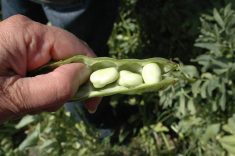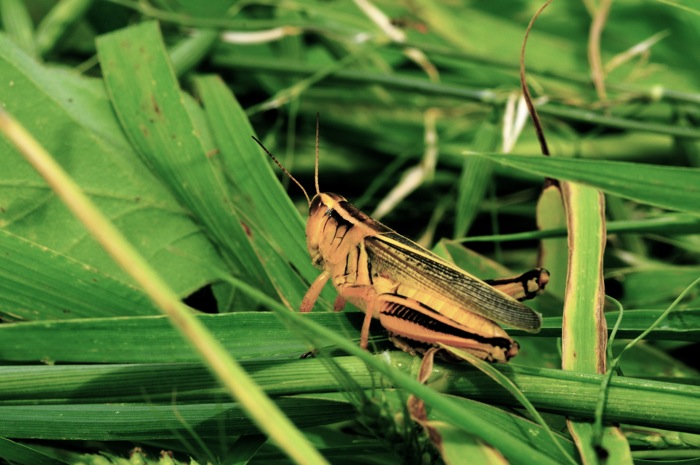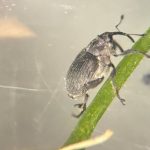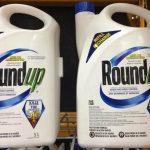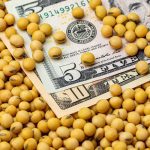Central Alberta farmers planning to sell low-tannin faba beans for export will need to beware of lower tolerance levels for lygus bug damage.
Snowbird is a low-tannin variety of faba beans commonly sold into the human market overseas. Parkland Alberta Commodities, a grain buyer based in Innisfail, Alberta, set the tolerance level for lygus bug-damaged seeds at 15 per cent last year. But this year faba beans with more than eight per cent damage will be discounted, says Sean Border, sales manager.
Read Also
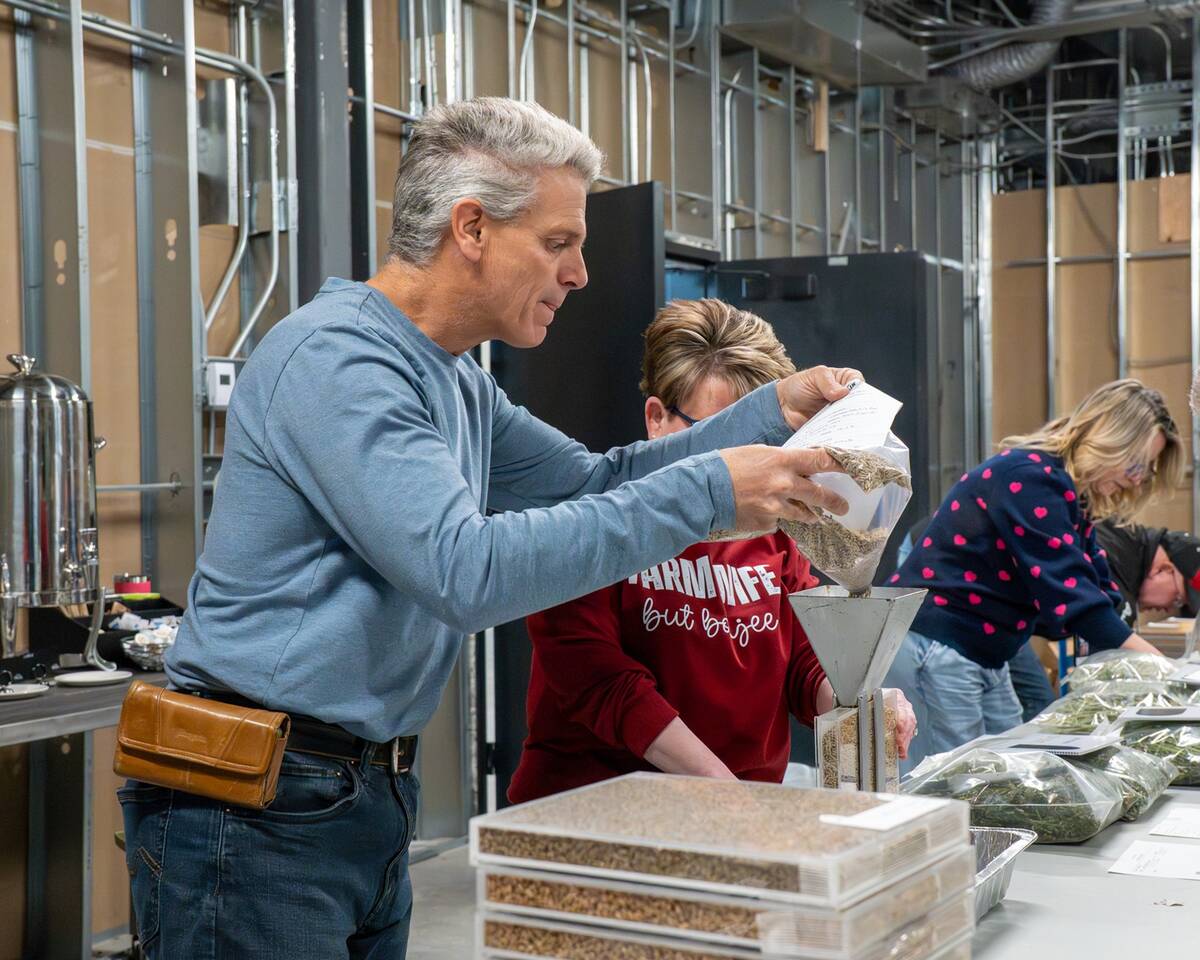
North American Seed Fair continuing a proud 129-year-old agricultural tradition
One of North America’s longest continually lasting seed fairs makes its 129th appearance in southern Alberta.
“We’re just basically reflecting the tightening of the specs that we’re getting from buyers overseas,” says sales manager Sean Border.
Lygus bugs leave a black spot on the seed after feeding on faba beans, and consumers are reluctant to eat spotted beans.
“What happens is the lygus bug takes its sucking tube — it’s like a straw — sticks it in the pod, right to the seed,” says Carol Holt, a business agronomist with Parkland Fertilizer in Wetaskiwin, Alberta. “And as they suck the juice they actually transfer some saliva, which causes some toxins to blacken the pod. And this cannot be erased out of the seed.”
Last year Parkland Alberta Commodities sold about 6,000 tonnes of Snowbird to buyers in Egypt and other countries overseas, says Border. This year the company has about 15,000 tonnes on the books so far, he says.
How much the tighter tolerance levels will affect growers in central Alberta remains to be seen, Border says.
“I guess we’ll just have to see how everything grades here at harvest,” he says, adding it will be harder for farmers to make that grade.
Holt, who found out about the tolerance drop on July 29, says she does see lygus bug damage in her area.
“(Lygus bugs) are found more commonly in heavy forage areas because they love alfalfa and alfalfa’s their natural food source,” says Holt. Unfortunately, those same areas have many faba beans, Holt says, adding she expects to see damaged seeds.
Seed early
Farmers can manage lygus bug damage to some extent. Holt says growing faba beans away from alfalfa helps.
But she says the key is seeding the beans early — before May 15. The seeds are susceptible to lygus bug damage while the pods are still soft. Seeding early pushes the faba beans through that vulnerable stage before the bugs hit.
“Once they turn into leather, the faba beans are really no longer prone to lygus damage,” says Holt. “So getting them in early, getting that bean to be produced and hardened prior to the lygus bug really doing the damage, would be the best practice.”
Spraying isn’t always the answer, Holt says, because lygus bugs are mobile and will move back into the field.
Holt also warns farmers planning to blast lygus bugs with insecticide to follow labels closely. “Because if they are going overseas and they find any kind of residues, you’re going to be owning that container.”



